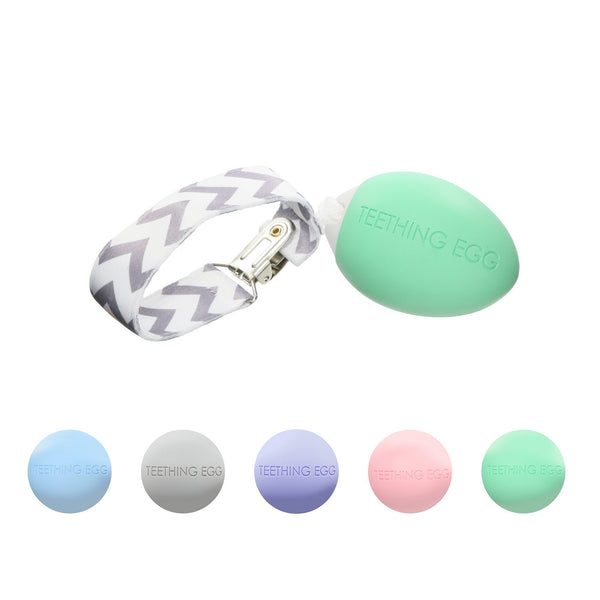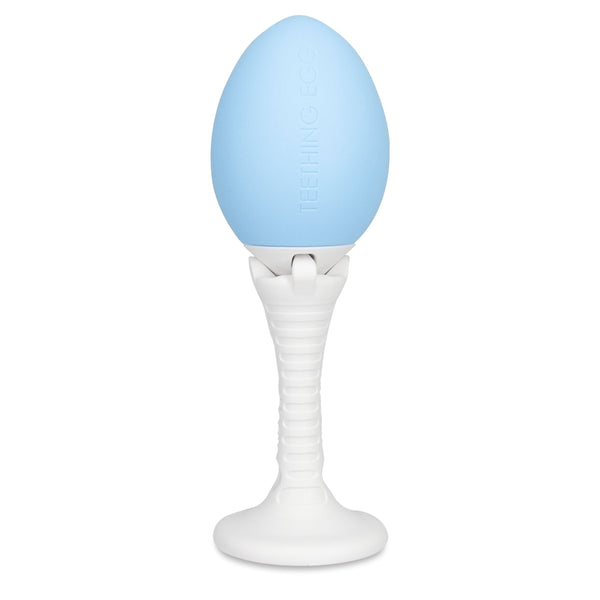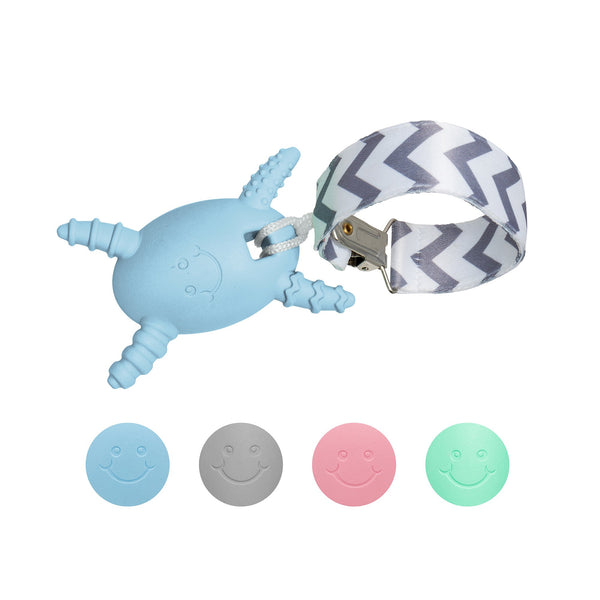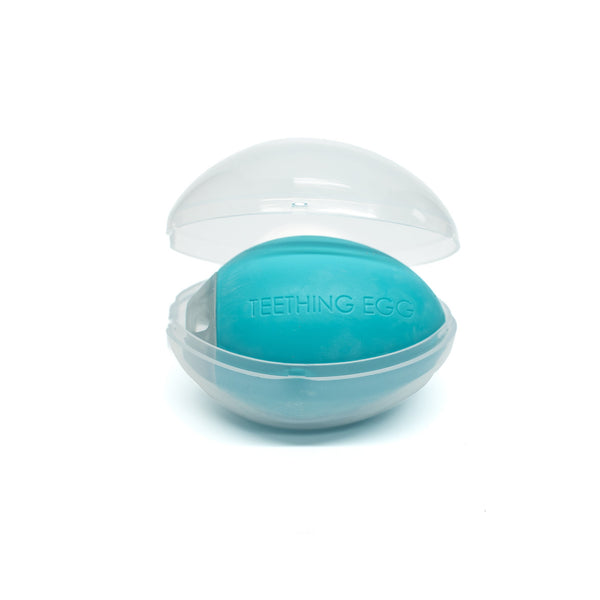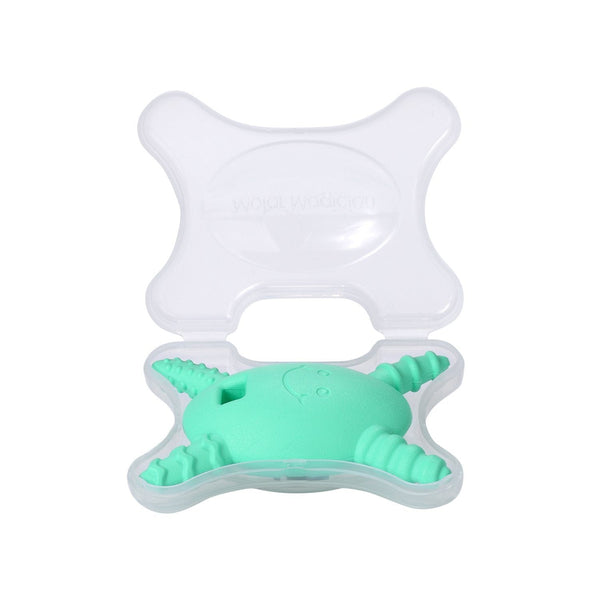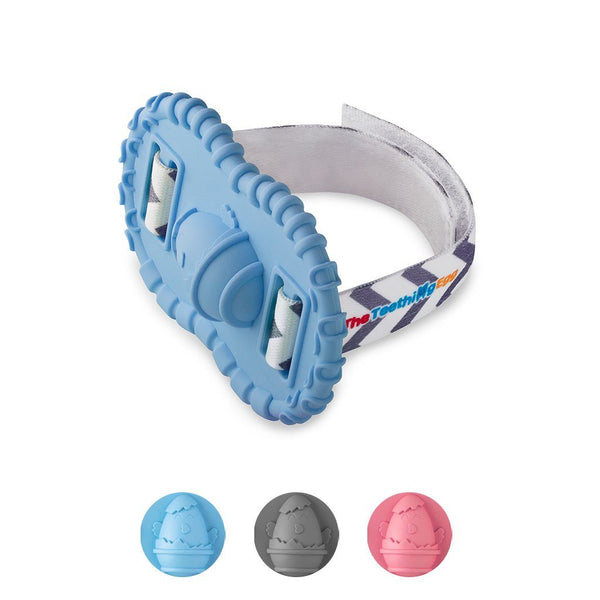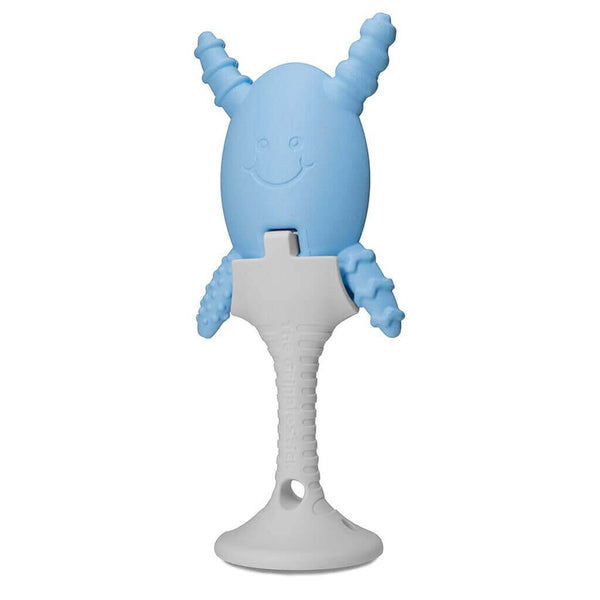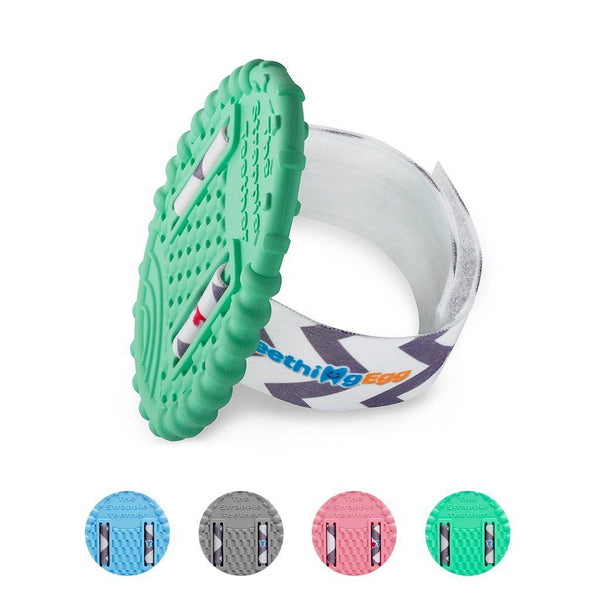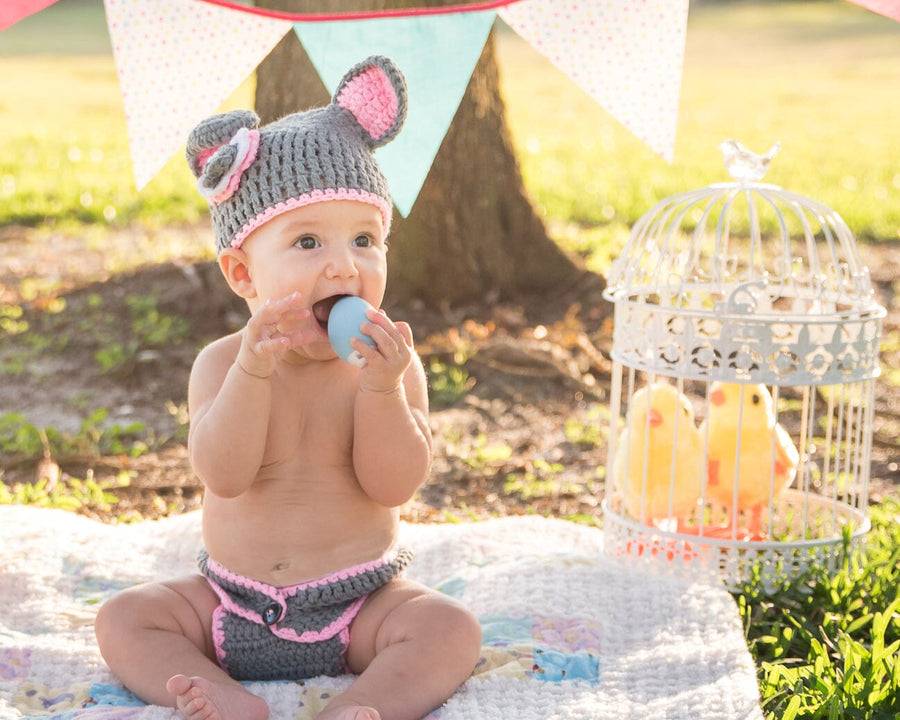As parents, caregivers, or even gift-givers, selecting toys for toddlers can feel like navigating a maze. With the plethora of options available, it's easy to get overwhelmed. However, understanding what makes a toy suitable for toddlers and what to prioritize can simplify the process and ensure that the chosen toys foster their development effectively. In this comprehensive guide, we'll explore the best things to consider when choosing toys for toddlers, the goals to aim for, and important factors to keep in mind throughout the selection process.
What to Look Out for When Choosing Toys for Toddlers:
1. Safety First: Safety is paramount when selecting toys for toddlers. Ensure that the toy is age-appropriate and doesn't pose any choking hazards. Avoid toys with small parts that can be easily swallowed or sharp edges that may cause injuries.
2. Durability: Toddlers are notorious for their rough play. Look for toys made from sturdy materials that can withstand being dropped, thrown, and occasionally chewed on. Opt for toys that are well-constructed and resistant to wear and tear.
3. Developmental Benefits: The best toys for toddlers are not just entertaining but also offer developmental benefits. Choose toys that encourage the development of various skills such as fine motor skills, hand-eye coordination, problem-solving abilities, creativity, and imagination.
4. Age-Appropriateness: Consider the age and developmental stage of the toddler when selecting toys. Toys that are too advanced may frustrate them, while toys that are too simple may bore them quickly. Look for toys that match their cognitive and physical abilities.
5. Versatility: Select toys that offer versatility and multiple ways to play. Toys with open-ended designs allow toddlers to explore their creativity and imagination, promoting long-term engagement and learning.
6. Interactive Features: Toddlers thrive on interaction. Choose toys that respond to their actions or allow for social play with caregivers or peers. Interactive toys promote engagement, communication, and social skills development.
7. Educational Value: Seek out toys that provide educational value and stimulate cognitive development. Look for toys that teach basic concepts such as colors, shapes, numbers, and letters, as well as toys that promote language development and problem-solving skills.
8. Sensory Stimulation: Toddlers are sensory learners. Choose toys that engage multiple senses, such as sight, sound, touch, and sometimes even taste and smell. Sensory-rich toys enhance brain development and provide a more immersive play experience.
Shop our baby gift baskets, select from our wide range designed for babies from 0 - 24 months.
The Goals of Selecting Toys for Toddlers:
1. Promoting Development: The primary goal of selecting toys for toddlers is to support their overall development. Toys should stimulate various areas of development, including physical, cognitive, social, emotional, and sensory skills.
2. Encouraging Exploration and Discovery: Toddlers are naturally curious and eager to explore their environment. Toys should encourage exploration, experimentation, and discovery, allowing toddlers to learn through hands-on experiences.
3. Fostering Creativity and Imagination: Imaginative play is essential for toddlers' cognitive and social development. Toys that spark creativity and encourage imaginative play enable toddlers to role-play, problem-solve, and express themselves creatively.
4. Building Confidence and Independence: Selecting toys that toddlers can manipulate and play with independently helps build their confidence and foster a sense of independence. Self-directed play allows toddlers to explore their interests and capabilities at their own pace.
5. Facilitating Social Interaction: Toys that promote social interaction and cooperative play are beneficial for toddlers' social development. Encourage group play activities and provide toys that facilitate sharing, taking turns, and collaboration with peers.
6. Cultivating a Love for Learning: The best toys for toddlers instill a love for learning from an early age. Choose toys that make learning fun and engaging, setting the stage for a lifelong curiosity and enthusiasm for learning.
Important Considerations When Finding Toys for Toddlers:
1. Quality Over Quantity: Instead of overwhelming toddlers with an abundance of toys, focus on selecting a few high-quality toys that offer meaningful play experiences. Quality toys are more likely to withstand the test of time and provide lasting enjoyment.
2. Rotate Toys Regularly: To keep playtime fresh and exciting, rotate toys regularly. Introduce new toys while temporarily removing others from rotation. This helps maintain toddlers' interest and prevents toys from becoming stale.
3. Consider Longevity: Choose toys that will grow with the toddler and remain engaging as they develop new skills and interests. Opt for toys that offer multiple levels of complexity or can be adapted for different stages of development.
4. Encourage Outdoor Play: Don't overlook the importance of outdoor play for toddlers' physical and mental well-being. Select toys that encourage outdoor exploration, such as ride-on toys, sand and water play sets, and gardening tools.
5. Limit Screen Time: While technology can offer educational benefits, it's essential to limit toddlers' exposure to screens and prioritize hands-on, interactive play. Choose toys that promote active engagement and real-world experiences over passive screen time.
6. Follow the Child's Lead: Pay attention to the toddler's interests, preferences, and developmental milestones when selecting toys. Follow their lead and provide toys that align with their current interests while gently introducing new experiences and challenges.
Choosing the best toys for toddlers involves careful consideration of safety, developmental benefits, age-appropriateness, and play value. The ultimate goal is to select toys that promote holistic development, encourage exploration and creativity, and foster a lifelong love for learning. By prioritizing quality, versatility, and interactive play experiences, caregivers can ensure that toddlers' playtime is not only enjoyable but also enriching and educational.
